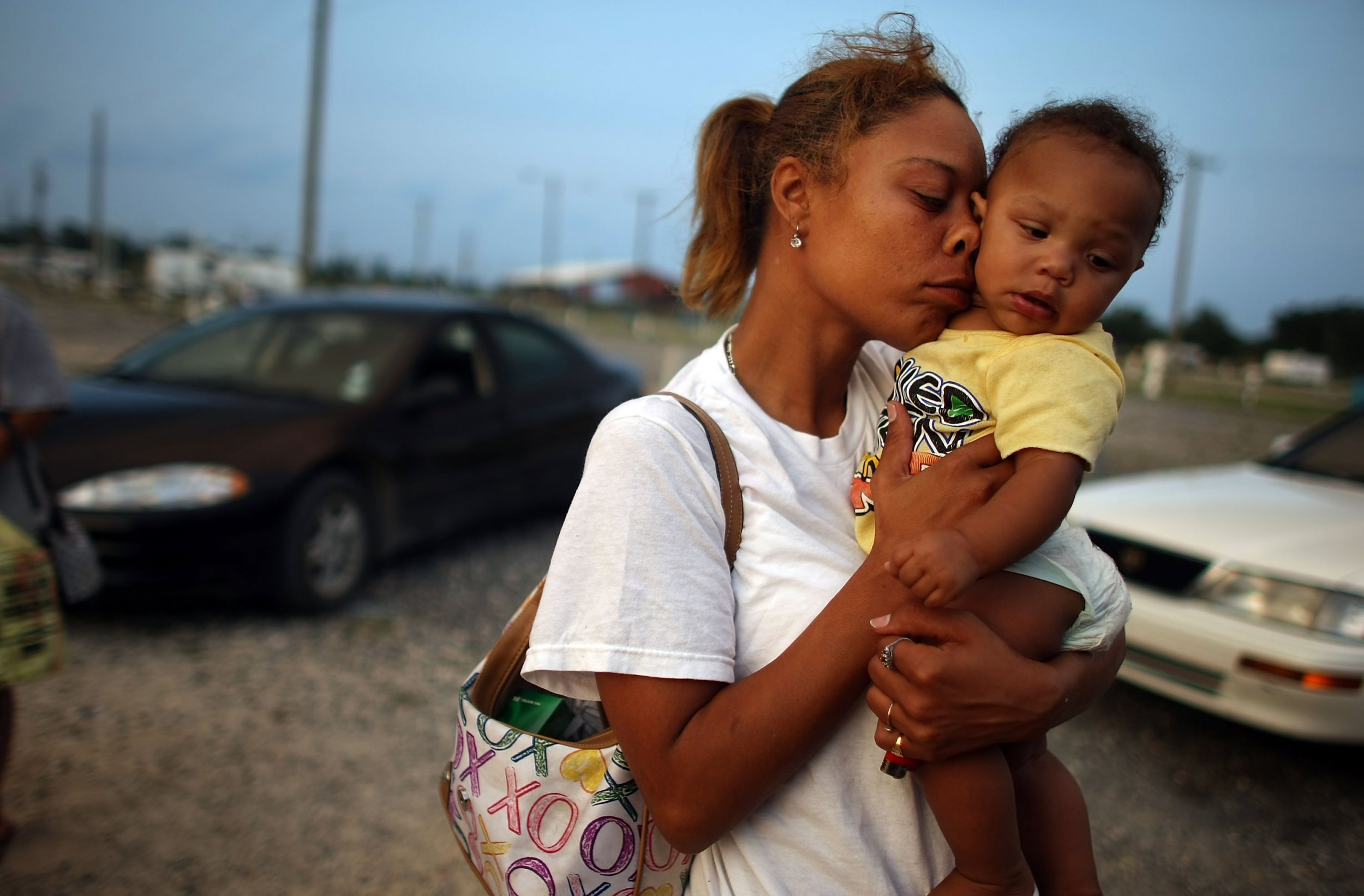
The media is presenting an image of black families far different from the reality, according to a new study.
Black families make up just 27 percent of the poor and 42 percent of welfare recipients in America. But media reporting would have you believe otherwise, with black families making up 59 percent of the poor and 60 percent of welfare recipients in news and opinion media coverage.
"Media outlets routinely and inaccurately portray black families as sources of social instability in society," reads the report, co-commissioned by the advocacy groups Color of Change and Family Story.
The report pins the majority of the blame on "right-wing media offenders," labeling Breitbart as the worst offender among national newspapers and digital sources for portraying "seven poor black families compared to zero white poor families in stories we considered in this analysis." But right behind Breitbart is The New York Times (five to zero) and Wall Street Journal (five to one).
A big part of the problem? A striking lack of racial diversity within newsrooms across the country.
News outlets "must include people of color in setting editorial standards, which means including people of color in meaningful ways through hiring and across every level and role in the news production process," writes Dr. Travis L. Dixon, the report's author and professor of communications at the University of Illinois at Urbana-Champaign
The dearth of proper racial representation in newsrooms is not accidental and plays a large role in the misrepresentation of black communities.
"Unfortunately, we are increasingly seeing black journalists pushed out of their jobs, and this is one of many contributors to the continued spread of erroneous stereotypes about black families and our community," Rashid Shabazz, spokesperson for Color of Change, told Newsweek.
The disparity between the journalists and the communities they cover has long been a source of contention. After the 2016 election revealed wide mistrust of the press across a number of communities, former Secretary of Housing and Urban Development Julian Castro said more "diversity in the newsroom" is the key.
"Racial, religious, gender, viewpoint diversity so your staff looks like the community you cover," he tweeted.
6/- 5. Increase diversity in the newsroom--racial, religious, gender, viewpoint diversity so your staff looks like the community you cover
— Julián Castro (@JulianCastro) November 27, 2016
It's certainly not a new problem. As early as 1978, the American Society of News Editors set a goal to have a percentage of black journalists equal to the black population by 2000. The deadline has long since come and gone, and the problem remains, arguably more pressing now than ever.
Roughly 13.3 percent of Americans identify as black, Census figures show, with an additional 2.6 percent identifying with "two or more races."
The American Society of News Editors' most recent diversity survey showed that just 5.64 percent of journalists identify as black, up from 5.33 percent in 2016 but not even half the black percentage of the U.S. population.
Advocates and journalists alike see it as imperative that those crafting the stories understand the experiences of their subjects.
"We're documenting history. … It is important that people who look like the subjects are helping craft that history," Washington Post reporter Wesley Lowery told Quartz while covering the 2014 protests in Ferguson, Missouri.
Until the gap is closed, advocates expect to see more reports like the one out Wednesday.
"Until newsrooms are more diverse and inclusive, some of the most damaging myths will always go unchecked, wrongly passed off as conventional wisdom," said Nicole Rodgers, founder and executive director of Family Story, told Newsweek.
Uncommon Knowledge
Newsweek is committed to challenging conventional wisdom and finding connections in the search for common ground.
Newsweek is committed to challenging conventional wisdom and finding connections in the search for common ground.
About the writer
Sam Schwarz is a staff writer at Newsweek covering politics with a focus on the 2018 midterm elections. He previously worked at ... Read more
To read how Newsweek uses AI as a newsroom tool, Click here.








